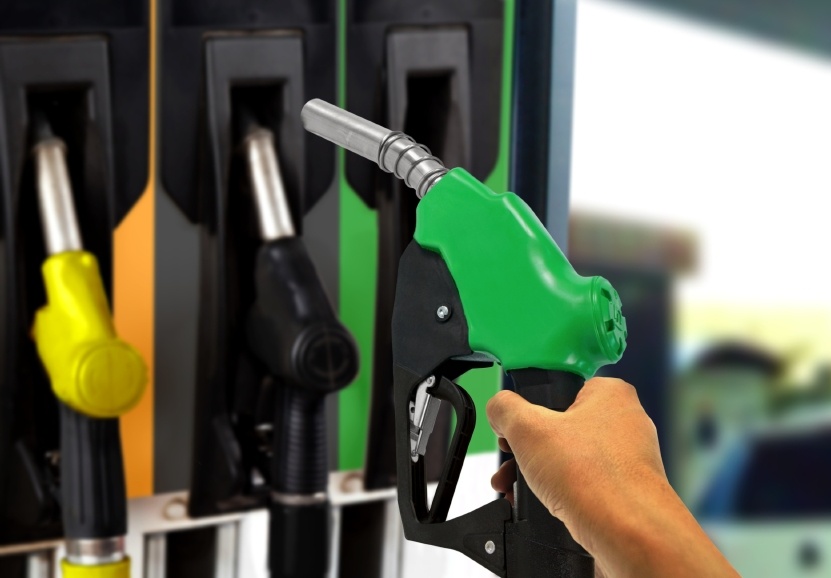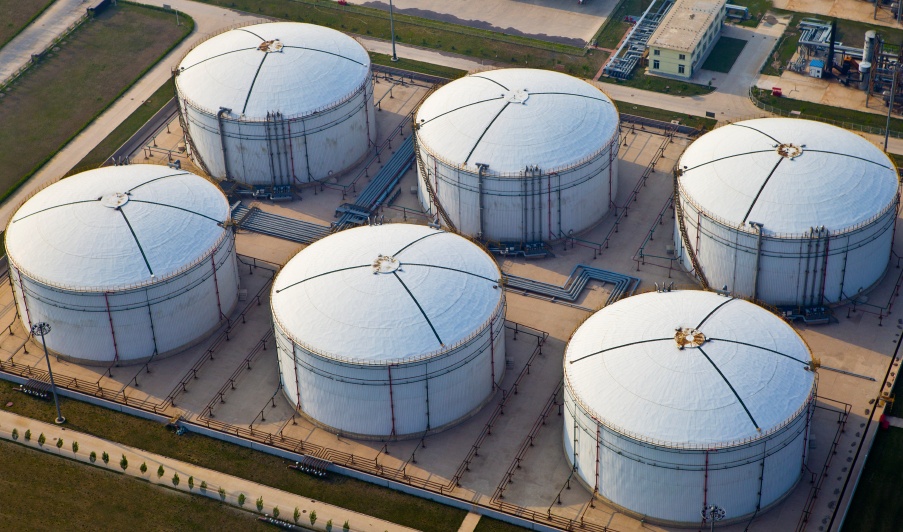Problems of Discrepancies in Fuel Management

Volume Changes Due to Temperature
This is due to physical changes in the fuel. We know that when you increase the temperature of air in a balloon, it will increase in size. The same happens for liquid and solids – if you heat up fuel, it will expand. This process is known as thermal expansion and the change in volume upon a change in temperature is governed by a property known as the volumetric thermal expansion coefficient.

Let’s say that the initial temperature of the fuel is 20°C, the final temperature is 30°C and the initial volume of the fuel is 50,000L. For gasoline, the volumetric thermal expansion coefficient has a value of 0.000950 K-1. So by plugging in the values, we find that the volume has increased by roughly 480L.
This is very bad if your fuel management system isn’t calibrated properly. It will register these changes, so on hot days it will seem as if there is more fuel than there actually is, which throws the management of fuel off kilter. Also, if a 50,000L fuel tank actually has 50,000L inside, on a hot day, the excess 480L will blow out the top of the tank, which is messy and costs more money to sort out!
Impurities in the Fuel
Contamination of fuel can be relatively frequent in the management of fuel if inspections are not performed and dealt with correctly. If someone transports fuel via contaminated pumps, some of the materials that are within the pump will end up in the fuel, meaning that its composition will change. This affects the specific gravity of the fuel.
The specific gravity is the ratio of the density of a substance to the density of a relative substance, which is normally set as being water. If there is contamination of the fuel, then the fuel mixture will either become heavier or lighter, depending on what the fuel is contaminated with. If the contaminant is heavier than the fuel, then the density of the substance will increase.
However, when this ‘heavier’ fuel is consumed, the engine output increases, meaning more miles per gallon, but there is a massive increase in exhaust fumes, which is very bad as it can affect other things. On the other hand, if ‘lighter’ fuel is consumed, then this will increase fuel consumption, which is very bad for your fuel management system.
With these in mind, it is incredibly important to make sure that the volume and specific gravity discrepancies are kept to an absolute minimum to improve fuel consumption and to make your fuel management system as accurate as possible. At Fueltek, we are able to provide a service package for our pumps, which includes regular calibration and our engineers use state of the art calibration techniques to make sure that our pumps are as accurate as possible. We are also able to provide a fuel tank monitoring system known as Tankwatch that can monitor the fuel in your tank to high accuracy.
If you would like to know more, then please contact us today on 01254 291391 and we will be more than happy to help.








